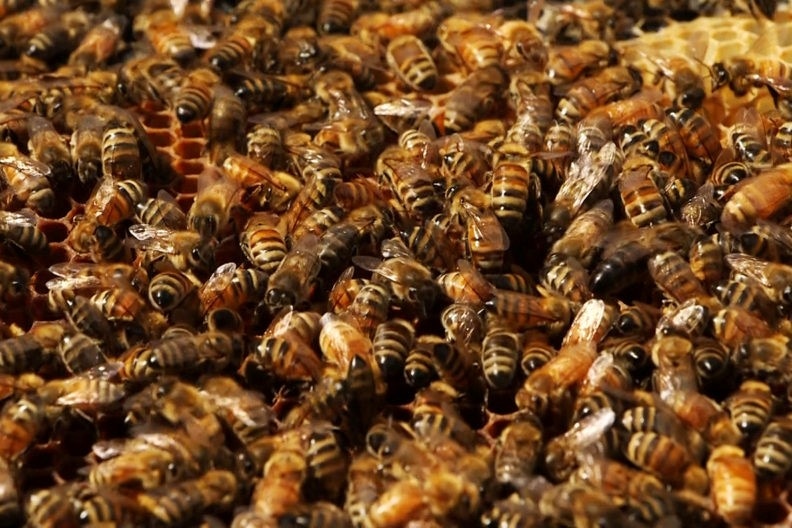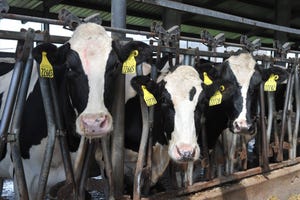Landowners partner with government for conservation success
Mississippi farmer testifies during Senate hearing on benefits of private landowners partnering with state agencies.
October 10, 2018

Mississippi farmer Mike McCormick shared with Congress several examples of how private landowners partner effectively with state agencies to recover and conserve wildlife.
McCormick, a cow/calf and timber farmer and president of the Mississippi Farm Bureau, spoke to the Senate Environment & Public Works Committee on behalf of the American Farm Bureau Federation during a hearing Oct. 10.
McCormick said one of several great examples of state and local communities coming together to address an issue is the Mississippi Honey Bee Stewardship Program, an effort launched jointly by the Mississippi Farm Bureau and the state’s Department of Agriculture & Commerce to protect managed pollinators. Mississippi State University Extension Service and other Mississippi organizations developed communication, cooperative standards and habitat restoration that guide the relationship between farmers and beekeepers in Mississippi.
“This process was such a success that it was adopted by several other states and is included in the President’s Pollinator Partnership Action Plan. Much of the success can be attributed to the fact that the Environmental Protection Agency supported the effort but allowed local partnerships to develop and implement the plans,” McCormick said.
McCormick also praised a joint effort between the U.S. Agriculture Department’s Natural Resources Conservation Service (NRCS) and landowners in nine southern states and Texas to restore or protect hundreds of thousands of acres of longleaf pine forest.
Over the last 200 years, longleaf pine forest acreage has been reduced to less than 5% of its original 90 million-plus acres. Longleaf pine forests were home to more than 30 species now listed by the U.S. Fish & Wildlife Service as threatened or endangered. Farm bill funding lets NRCS and landowners invest in the conservation and restoration practices to optimize the balance between environmental benefit and economic return.
McCormick outlined several other programs, including Florida’s Landowner Assistance Program, which works closely with NRCS and compensates landowners for conserving wildlife and habitat while keeping land productive for agricultural and recreational uses.
With cattle producers in Kentucky losing $250,000-350,000 worth of baby calves to black vulture attacks, the Kentucky Farm Bureau (KFB), with encouragement from the U.S. Fish & Wildlife Service, applied for a federal depredation permit. The depredation permit allowed KFB to issue a certain number of livestock protection permits to livestock producers. In 2013, when KFB quickly issued its allotment of permits, USDA supported its request for an amended permit. Now, KFB is issuing up to 1,300 takes, with sub-permits issued in 88 of the state’s 120 counties. The state’s Fish & Wildlife Resources Department also supports KFB’s effort and routinely recommends the program to producers who need help with black vultures.
“One key ingredient that has been vital to the success in the examples I just highlighted is the positive working relationships that exist between stakeholder groups and all federal and state agencies in those respective states. One thing possibly unique about the Southeast region is how all stakeholder groups and government agencies work together toward common goals,” McCormick said.
He also pointed to additional species conservation success stories related to the American alligator, Louisiana black bear, white-tailed deer and wild turkey.
“The continued commitment to stewardship and conservation by American farmers and ranchers cannot be overstated,” McCormick said in closing.
You May Also Like



